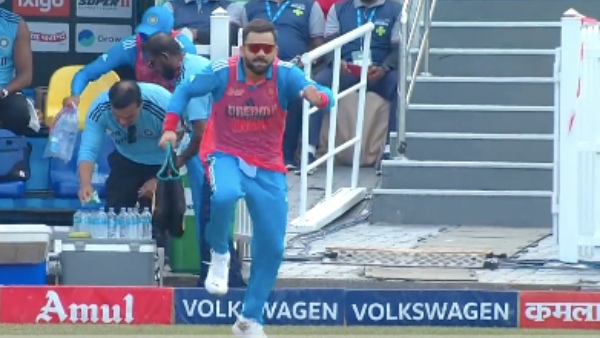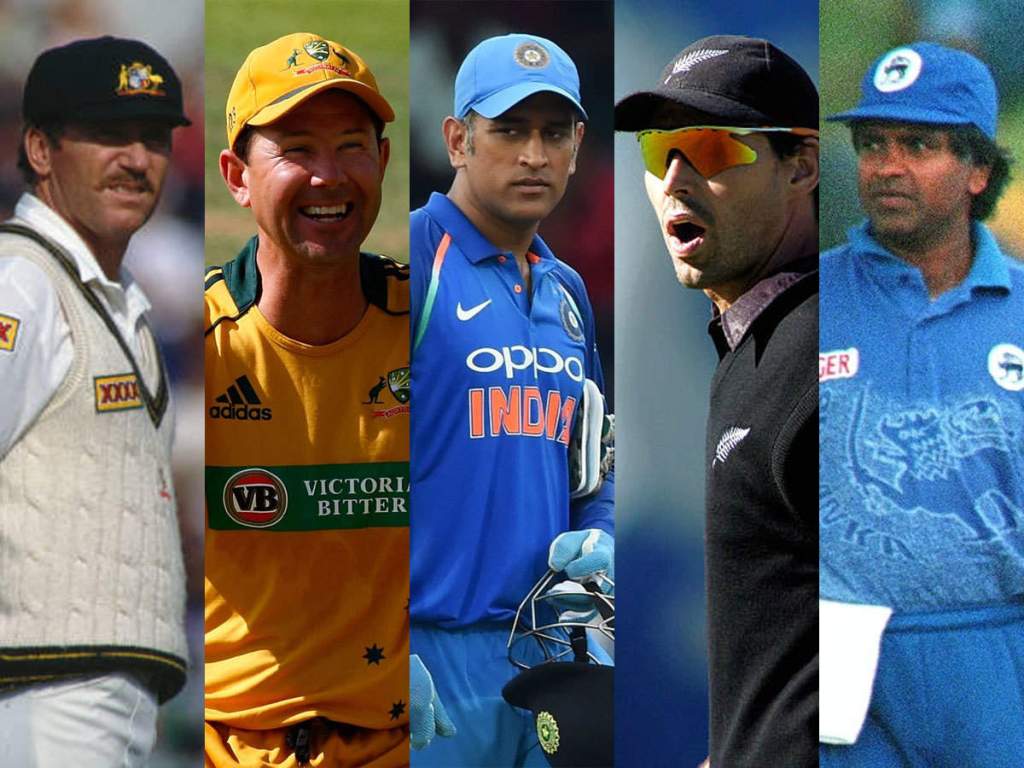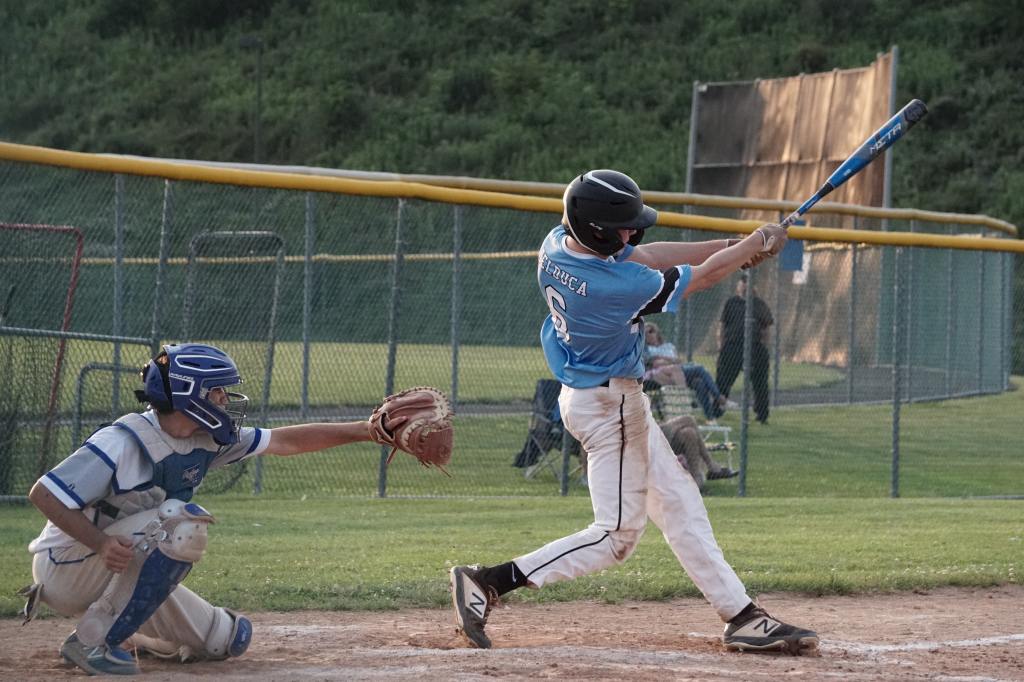“A captain sees you differently from the way you see yourself. You need a captain who can push you.” – Sourav Ganguly
It is no doubt that the captain plays a crucial role in cricket, just like every other team sport. The game as produced a number of strong and stellar leaders, like Steve Waugh, Ricky Ponting, Belinda Clark, Mithali Raj, Graeme Smith, Imran Khan and of course, MS Dhoni. The quote given at the beginning of this article by Ganguly was in fact regarding ‘Captain Cool.’

In this detailed article, we will be talking about the psychology of captaincy in cricket. Yes, there is plenty of psychology involved in captaincy. And this is the reason why top sport psychologists work with not only teams, but even captains as individuals, training them to be better leaders for the group.
The Role of a Cricket Captain
Let’s take a closer look at the role of a cricket captain. The captain of a cricket team is deeply involved in leading the group both on and off the pitch. The captain also makes important decisions for the team in terms of strategy, team selection, determining the batting order, etc.
The captain is also the main link between the team members and the coaching staff. In addition to these roles and responsibilities, the captain inspires and motivates the other team-mates to perform better. Since the other team-members often look up to the captain as their role model, it is necessary that the latter practices good leadership, by maintaining positivity and regulating their emotions at all times.
Leadership Styles in Cricket
As you might have noticed, different captains have different ways of leading their teams. Some captains tend to be aggressive on the field, while others tend to have a laid back approach. Still others tend to change their leadership styles based on the format and the situation. If you are a passionate fan of cricket, you would have definitely picked up on these various styles.
Traditionally, according to theory, leadership styles can be autocratic, democratic, laissez-faire, bureaucratic, etc. These different leadership styles are found among cricket captains as well. Perhaps in another blogpost, we can go in to deeper detail about these different leadership styles. However, you are free to research these styles on your own. Can you guess which cricket captain follows what leadership style?
Another factor that is often overlooked is that, it is not just the cricket captain who practices leadership. Each and every player on the team becomes a leader at some point or the other. For example, a bowler who is confident enough to set his own field needs to have proper leadership skills. This is the reason why every cricketer needs to go through leadership training; so that they can lead themselves and others forward for the betterment of the team.
Decision-Making Challenges for Captains
So now that we have explored the importance of leadership in cricket, let’s examine closely the possible decision-making challenges that captains may come across. Being a captain is not only about shouting, “You can do this!” or patting a team-member on their back to appreciate them. It also involves strong decision-making skills, especially in a pressuring situation. This is why many cricketers shy away from this role.
One such challenge for decision making is adapting to ever-changing conditions. Cricket is full of uncontrollable factors, and at any time, the entire situation of the game might change for the worse. During these moments, the team looks up to the captain to make decisions for them and to guide them through the storm.
Another tricky challenge for the captain is to deal with team-dynamics. The team is made up of living, breathing humans, each with a mine of his/her own. Also, a person’s mood or affect may change at any given time. It is up to the captain to deal with them and ensure that the team’s temperament as a whole is not shaken up.
While these challenges may make it look very difficult, with enough help anyone can become a stellar cricket captain. Sport Psychologists play a vital role in helping cricketers in their leadership skills.
Psychological Factors Influencing Captaincy
There are several psychological factors influencing captaincy in any sport, including cricket. Let’s check out a few of these.
- “We” before “I”
For a team to work as one unit, it is important for them to have collective identity. This is especially more important for the captain of the team. The captain needs to strongly believe in the power of the team, and bring about a shared purpose for each and every team member. If you are someone who believes in yourself more than the team, then the possibility of you being a very good captain is highly unlikely.
- Man-Management
A captain needs to demonstrate extremely great Emotional Intelligence. This means being able to understand the different team members and inspire them to follow. This is not only about comprehending the personalities of the other players, but also grasping what their personal aims and goals are.
While some people are naturally great at man-management, others need extra help with this. One common myth is that introverts are not great at people skills, and thus, cannot make great captains.
This is completely false. Introverts have people skills that extroverts lack in, and with the right guidance can make super captains for any team. A great example of an introverted cricket captain is Ajinkya Rahane. He is known for leading by example and has brought about amazing results.
- Emotional Regulation
Ask anyone about MS Dhoni and they will tell you about his incredible ability to regulate his emotions. The man is simply ‘Captain Cool’ because of this. It is not as if he lacks the ability to feel, but his mindset is strong and confident enough to not let his emotions take over his actions and behaviors.
This skill of emotional regulation is essential for a cricket captain to be a successful leader. You need to be able to control your emotions, no matter what the external situation may be. At the same time, it does not mean you need to be a doormat and let people walk all over you. Successful emotional regulation means being assertive and calm simultaneously.
One incident that comes to mind is Harmanpreet Kaur during an ODI series with Bangladesh last year. When she was given an out, Kaur showed a rare side of herself as she smashed the stumps with her bat, letting out a volley of words afterwards at the post-match interview. Kaur is a respected cricket captain, and seeing her like this was a let-down for many of her fans and followers, not to mention her own team-mates.
Successful Cricket Captains
Now that we have explained the different factors that make a great cricket captain, let’s list out a few players who made great leaders on and off the field.
- Steve Waugh
Easily one of the best names when it comes to cricket captaincy, Steve Waugh is known for his ability to think strategically and critically in difficult situations. A great example of this ability is during the 2001 Test match between India and Australia in 2001.
- Ian Chappell
Ian Chappell, or Chappelli, is forever remembered as a superhero in cricket. As a captain, his memory is even stronger. Cricket-gurus will tell you how Chappell almost single-handedly secured a win in the 1972 Ashes when the odds were completely against his team.
- Virat Kohli
Kohli has established himself as a trustworthy captain, and he has earned his flowers despite many throwing shade at his earlier version. Virat Kohli goes the step ahead and leads the team by example, motivating others to be their best versions. The Indian cricket team has gained many laurels mainly due to Virat Kohli’s superb captaincy.
Developing Leadership Skills for Cricket Captains
If you are a cricket captain and want to become a better leader for your team, congratulations! Wanting to be a better leader is the first step in this program. The second step is to become aware of why you want to become a better leader in the first place. Is it to win more matches, to inspire more people, or to add more laurels to your own name? Self-awareness is the key for leadership.
Some exercises that you can use to become a better leader for your teammates are described in the following points.
Active Listening
Active listening is slightly different from simply listening. Active listening means keenly trying to understand what your teammates are telling you, providing constructive feedback and also acknowledging what their have brought to the team.
Emotional Control
Trying to control your emotions in highly stressful situations seems like an impossible job. But this is a skill that can be easily learnt through practice just like anything else. The first step in learning how to regulate your emotions is to identify triggers. Ask your Sport Psychologist or drop a mail to mindyourwicket@gmail.com for help in this area.
Leading by Example
Another exercise you can use to become a better leader is to simply try leading by example. Identify the factors that make a cricketer an ideal team-mate, and try to emulate these behaviors into your day to day activities. For example, if you think a great team-mate should be a ready all-rounder, you need to be ready to do this as a captain as well; on the field and off the field.

Conflict Resolution
Groups produce conflicts, and even if you are the best leader there is, you will have to learn to deal with conflicts. This comes through practice, role-plays and a lot of patience. One great exercise you can use is called the ‘Four Words Conflict Resolution Exercise.’ Follow the instructions below.
- Give each team member a pen and piece of paper
- Ask all of them to write down four words which come to mind they hear the word ‘Chair’
- After they all are done writing the words, pair your team members up
- Ask each pair to decide the best four words out of the total right they have written down
- Once this is done, join pairs together until there are finally two groups left repeating the same process
After this activity, ask them these questions,
- “Was the activity fun?”
- “Did you experience any conflict?”
- “Did you feel that someone was trying to take control?”
- “What strategies did you guys use to decide on the final four words?”
- “What did you learn from this activity?”
Conclusion
Understanding the psychology of captaincy in cricket is important for those who are aspiring to be better leaders for their teams. At the same time, it also makes you a well-rounded cricketer, even if you are a captain at the moment. Ultimately, it is both an interesting and essential subject in the field of cricket psychology.
References
11 Qualities Of A Great Captain Or Leader
https://www.ema-partners.com/insights/11-leadership-lessons-indian-cricket-icon-ms-dhoni
https://www.frontiersin.org/journals/psychology/articles/10.3389/fpsyg.2022.820745/full








Leave a comment